
Welcome to WinnerTrick.com — the best source for success and personal development articles, motivational quotes, and tips to live your best life.
contact@winnertrick.com
The quest for success is one of the most shared human experiences, yet its meaning shifts depending on who you ask. For some, it’s financial prosperity. For others, it’s peace of mind, personal growth, or leaving behind a meaningful legacy. The truth is, success isn't a one-size-fits-all definition. It’s not a formula—it’s a feeling, a lifestyle, a moment of clarity, or even the absence of regret.
Many people chase goals they believe will make them feel successful, only to realize along the way that what they really sought was something more personal, more profound. That’s why we turned to nine incredibly successful figures from different fields—business, politics, literature, spirituality, and sports—to understand how they define success in their own words.
Let’s dive into how these remarkable minds perceive success—and what we can learn from each of them.

Most people recognize Arianna Huffington as the founder of The Huffington Post, a media giant that changed digital journalism. But despite building an empire, Huffington believes the traditional measures of success—money and power—are far too narrow. To her, those alone leave life feeling incomplete.
She speaks of something she calls the "Third Metric," a concept that redefines success through four key elements: well-being, wisdom, wonder, and giving. These aren't just poetic ideals—they are essential practices that feed your inner world.
According to Huffington, true success must involve taking care of your health, feeding your curiosity, giving back to others, and developing a deep understanding of yourself and the world. These aspects, she explains, enrich life in ways that external validation simply can't touch.
It’s no surprise then that her book Thrive focuses not on building empires, but on building balance.

John Wooden wasn’t just a legendary basketball coach—he was a philosopher in sneakers. With over 600 victories and 10 national titles, he became a symbol of excellence in American sports. Yet his idea of success had little to do with scoreboards or championship rings.
“Success,” Wooden said, “is peace of mind, which is a direct result of self-satisfaction in knowing you did your best to become the best you are capable of becoming.”
This statement reveals something deeply powerful: success isn’t external—it’s internal. It’s not about beating someone else; it’s about outgrowing who you were yesterday. That mindset encourages people to focus less on winning and more on improving. Whether in sports, life, or career, Wooden’s perspective invites a quieter, more meaningful kind of ambition.
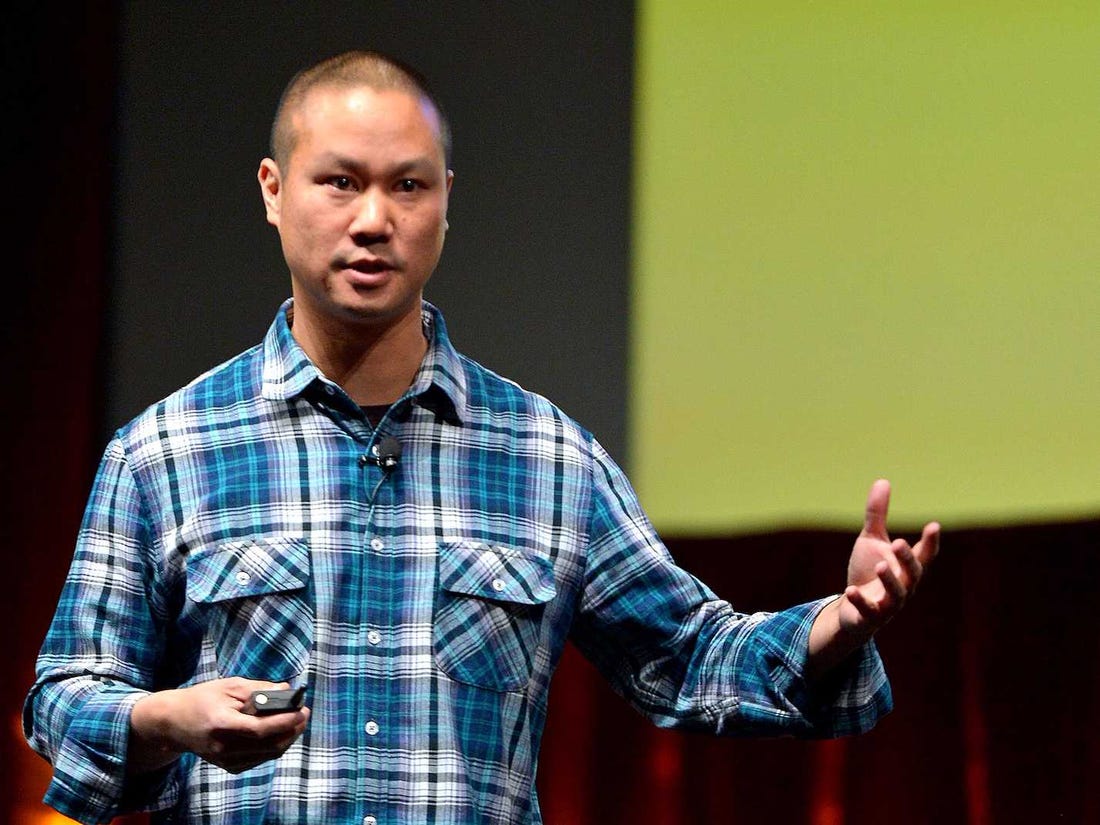
The late Tony Hsieh, who served as CEO of Zappos, transformed not just the world of online retail but also the culture of workplace leadership. Through his book Delivering Happiness, he didn’t just talk about profit margins—he explored how personal values and company culture are interconnected.
“Your personal core values define who you are,” he once said, “and a company's core values ultimately define the company's character and brand.”
In Hsieh’s world, success comes from alignment—when who you are matches what you do. He believed that personal fulfillment and professional triumph aren't separate lanes; they’re interconnected paths. When your actions reflect your beliefs, you don't just build a career—you build a life that feels honest and whole.
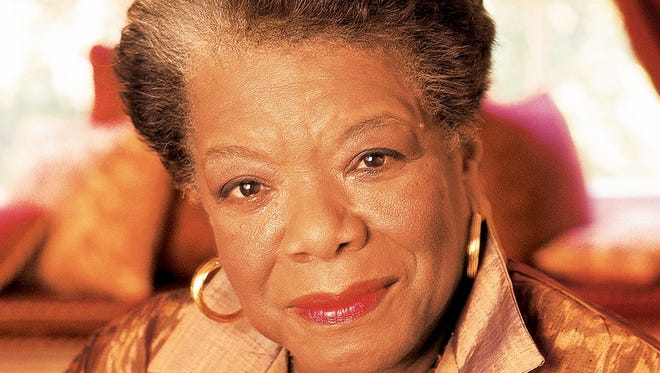
Maya Angelou—poet, memoirist, speaker, and symbol of grace—left behind a legacy filled with wisdom and truth. Known for her rich voice and resilient spirit, Angelou’s view of success cuts through the noise.
She once said, “Success is liking yourself, liking what you do, and liking how you do it.”
What stands out here is the emotional authenticity. Angelou’s definition reminds us that it’s not enough to chase titles or rewards; it’s about enjoying the journey and feeling proud of your efforts. If you don’t respect your own methods or feel aligned with your purpose, the external rewards will feel hollow.
Her definition is elegantly simple, but profoundly impactful—especially in a world that often measures success in likes and accolades instead of joy and self-respect.
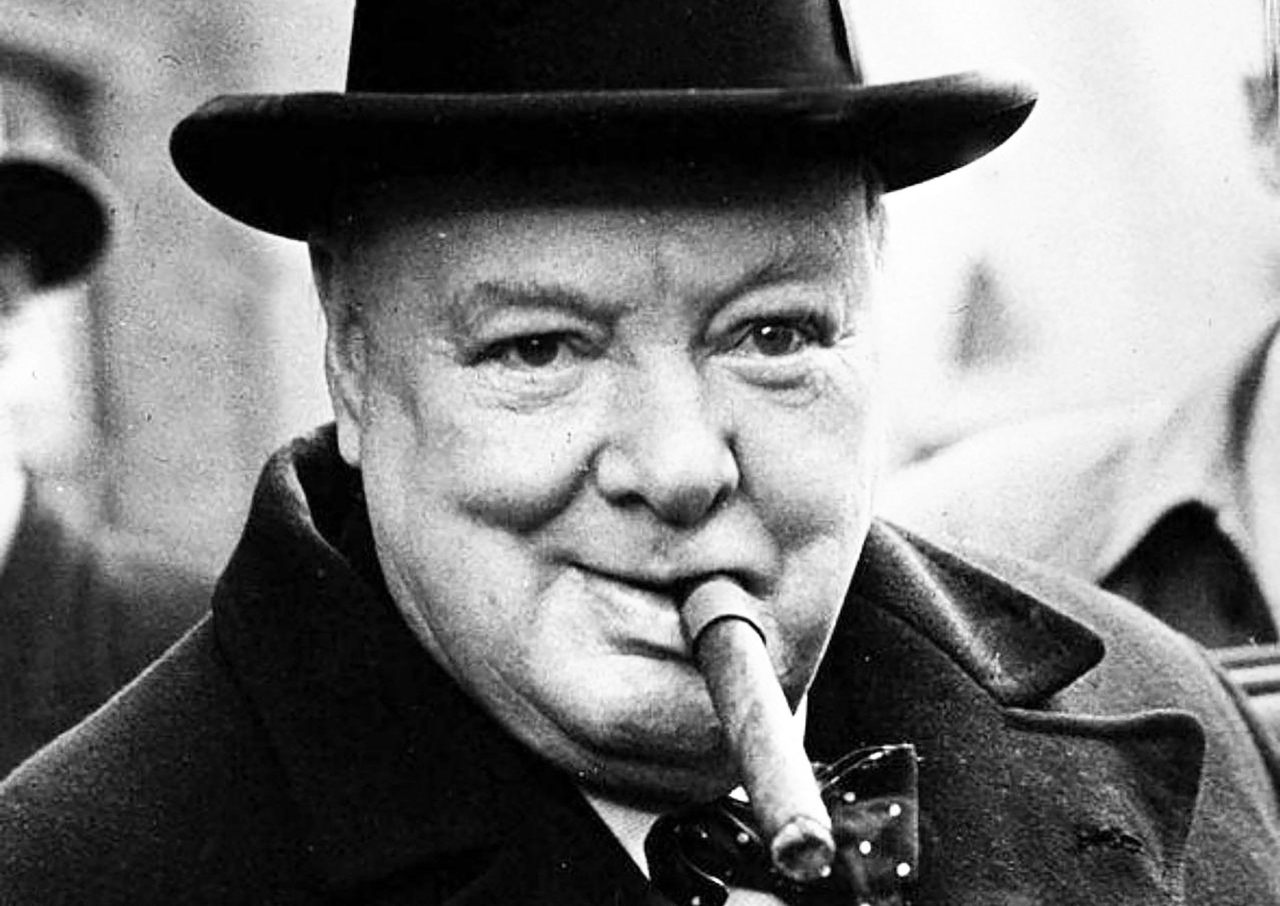
Winston Churchill’s political career is legendary, but not always smooth. There was a long stretch during which he was excluded from high office—a period historians call "the wilderness years." Most would’ve quit. Churchill didn’t.
His take on success? “Success is going from failure to failure without losing enthusiasm.”
That’s not just a clever phrase—it’s a life philosophy. To Churchill, success wasn’t about winning all the time. It was about having the grit to keep showing up, especially after setbacks. His refusal to bow to defeat, even during war and political isolation, became the fuel that drove his historical leadership.
In today’s fast-paced world where instant results are expected, Churchill’s resilience serves as a reminder that true success often grows in the soil of disappointment.

Sir Richard Branson is one of the most recognizable figures in the business world—a billionaire with a penchant for adventure, from space flights to record labels. But Branson’s definition of success goes deeper than balance sheets or stock valuations. For him, it’s about active participation in life.
On his Virgin blog, he once asked, “My definition of success? The more you’re actively and practically engaged, the more successful you will feel.”
That’s a powerful idea: success as a state of immersion. Whether you’re launching a startup, writing a novel, or teaching children, being truly involved in the process—mentally and emotionally—brings about a sense of fulfillment that no award or paycheck can match. Branson's view nudges us to stop coasting and instead dive fully into whatever we choose to pursue.

Spiritual teacher and author Deepak Chopra blends philosophy, psychology, and Eastern wisdom in his interpretation of success. In his influential book The Seven Spiritual Laws of Success, he introduces an idea that reframes the concept entirely.
“Success in life could be defined as the continued expansion of happiness and the progressive realization of worthy goals.”
For Chopra, success is fluid. It’s about growing, evolving, and feeling joyful along the way. It’s not a destination—it’s a dynamic experience. Whether you’re striving toward better relationships, a new skill, or a spiritual breakthrough, the mere act of progressing, of expanding your inner light, counts as a win.
This vision of success encourages us to be kind to ourselves. Even a slow climb toward meaningful goals, accompanied by contentment, holds more value than racing toward someone else's idea of achievement.
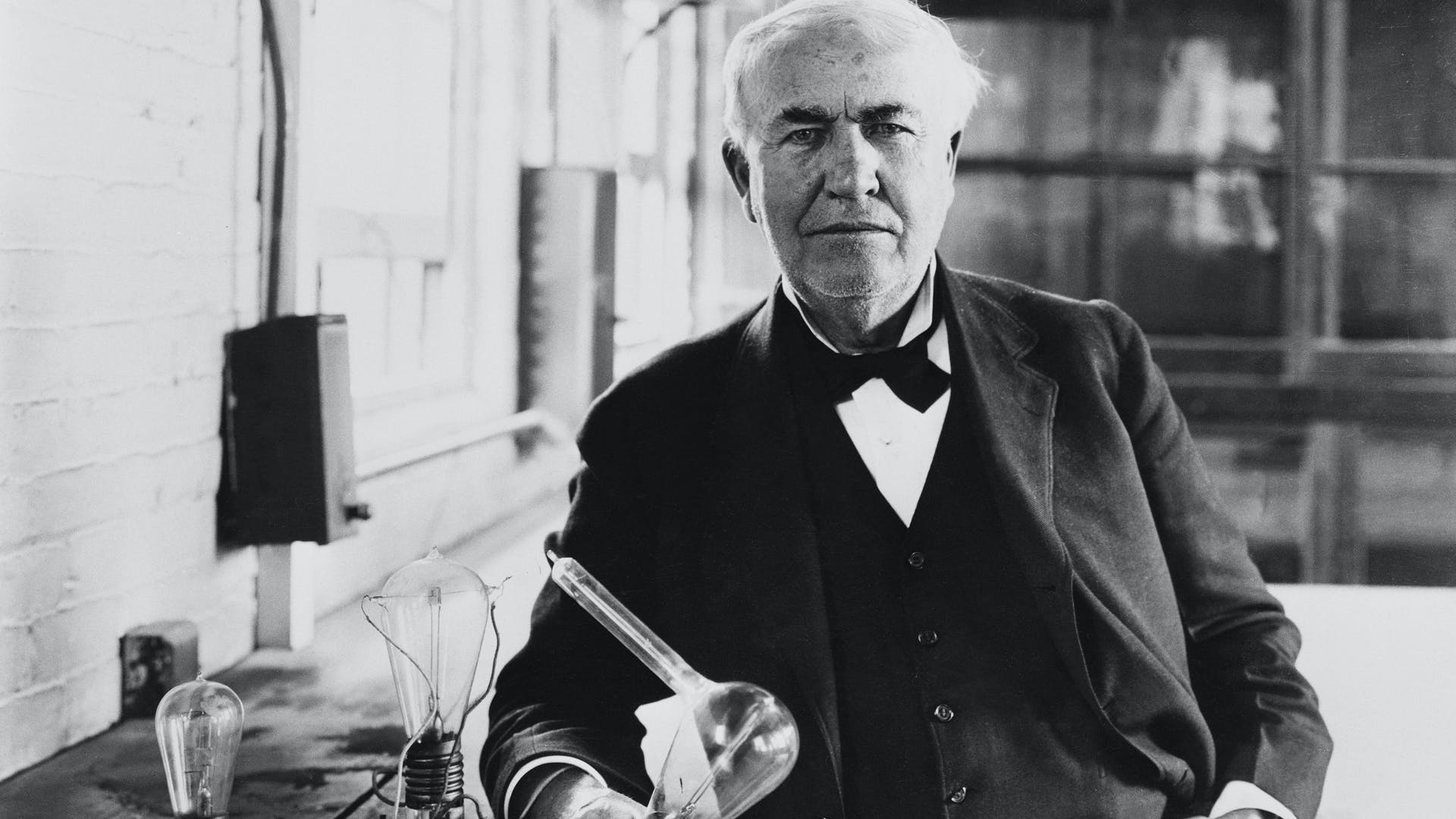
Thomas Edison, the mind behind inventions like the lightbulb and phonograph, wasn’t just brilliant—he was relentless. His legendary work ethic is reflected in his most quoted saying:
“Success is 1% inspiration, 99% perspiration.”
That single line speaks volumes. For Edison, ideas were important—but execution was everything. Success didn’t come from lightning-bolt genius. It came from tireless experimentation, failures, and long hours in his lab.
Edison’s definition is a wake-up call in today’s shortcut-driven culture. He reminds us that success rarely arrives wrapped in ease. It is forged through repetition, endurance, and discipline. If you want to build something lasting, prepare to sweat for it.
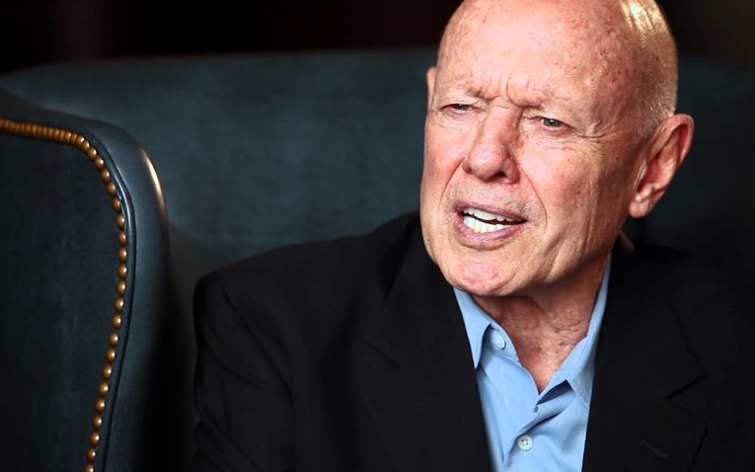
Stephen Covey left an indelible mark on the self-help world with The 7 Habits of Highly Effective People. With over 25 million copies sold, his teachings became foundational for professionals around the globe. But Covey never believed in a universal formula for success. In fact, his view was deeply introspective.
He told the New York Times: “If you carefully consider what you want to be said of you in the funeral experience, you will find your definition of success.”
That reflection is profound. Covey pushes us to think about legacy—about what values and impact we want to leave behind. Success, he implies, isn’t found in metrics, but in memory. It’s in the way others remember us, the lives we’ve touched, and the values we’ve upheld when no one was watching.
His view encourages a shift from chasing short-term wins to building a life of meaning.
What These Voices Teach Us
These nine thinkers, creators, and leaders come from vastly different backgrounds—yet they all circle back to one truth: success is personal. It cannot be borrowed, copied, or imposed. Whether it’s through giving, growing, grinding, or guiding, your version of success must be crafted by you.
You don’t have to be a billionaire or a bestselling author to live a successful life. If you find peace in your path, joy in your work, or meaning in your connections, then you're already further along than most.
The goal isn’t to live someone else’s definition. The goal is to find your own, then live it with as much integrity, passion, and courage as you can muster. That, in the end, is the only success that truly matters.
Make sure you enter all the required information, indicated by an asterisk (*). HTML code is not allowed.